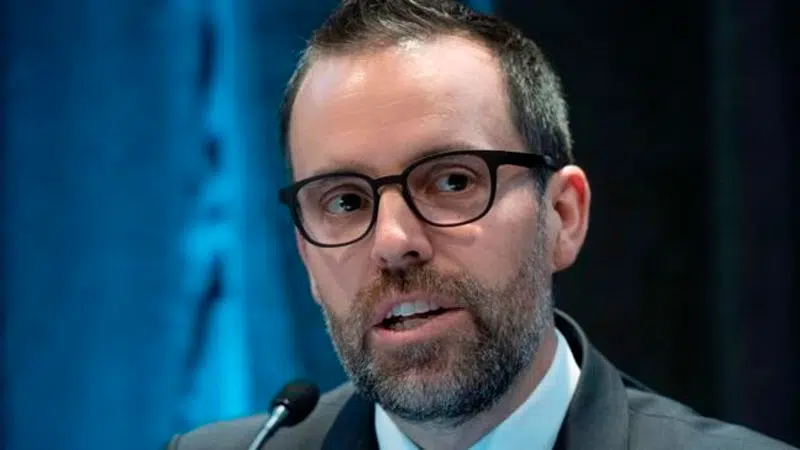
New head of Quebec anti-corruption police admits to ‘failure,’ vows to do better
QUEBEC — The new head of Quebec’s anti-corruption squad is seeking to assure the public he can restore trust in his embattled institution following years of criticism and problems that have marred the reputation of the once-respected police unit.
Frederick Gaudreau, recently appointed by the legislature to a seven-year term, said Wednesday there is still enough fraud and corruption in Quebec to justify the continued existence of his police force, known as UPAC.
UPAC has been criticized for not building cases leading to successful prosecutions, and a government report this year found it lacked officers with the necessary skills to conduct complex investigations into financial crimes.
On Wednesday, Gaudreau held his first news conference since his nomination in early October to present UPAC’s annual report. He had to account for his recent decision to close a years-long investigation into ex-Liberal party fundraisers alleged to have pocketed millions in kickbacks over real estate deals.
